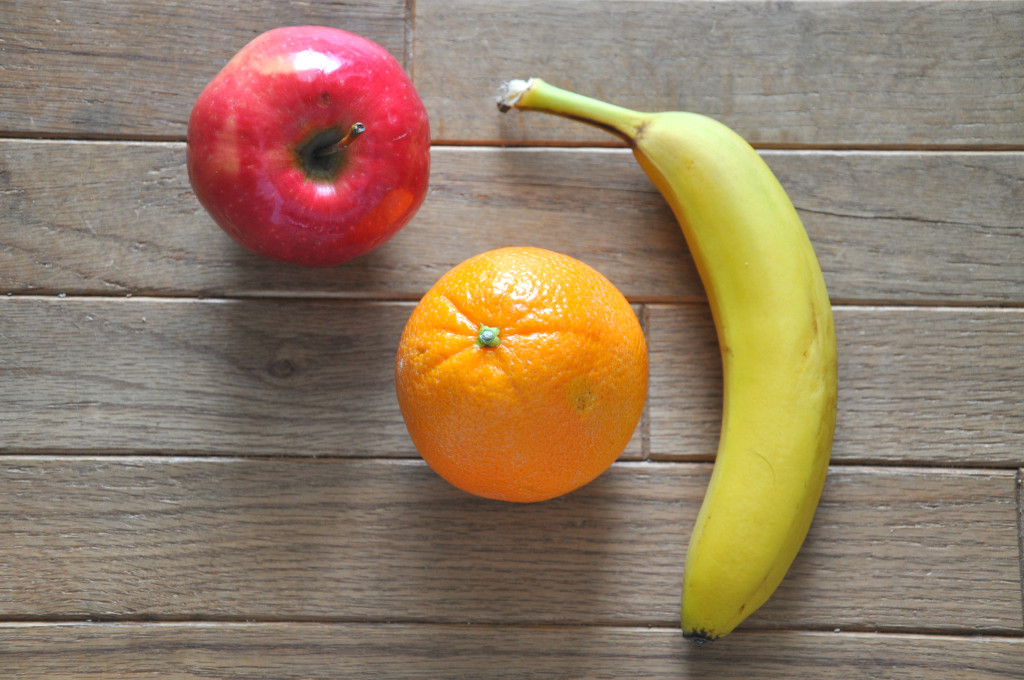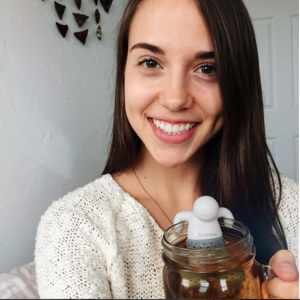When looking for healthy product, we all know to look at the nutrition facts and ingredient list. However, product labels can also be deceiving—especially products intended to capture the attention of the health-conscious consumer.
Food labels commonly use terms that are not regulated by the FDA or phrases that have loopholes in their definitions. That “artisan” cheese you splurged for? It may not be so fancy after all. Check out these common terms that may have you fooled.
1. “All Natural”

Photo by Caitlin Shoemaker
The term “natural” only refers to products that have been minimally processed with no synthetic substances. This food can still contain artificial sweeteners, lab-created food coloring and preservatives.
Be on the lookout for high fructose corn syrup in your teas, yogurt and granola bars, as well as those added “natural flavors.” The only foods that are completely natural are whole fruits and vegetables.
2. “Cage-Free”

Photo by Caitlin Shoemaker
Are you spending an extra buck or two to ensure your eggs are cruelty-free? Unfortunately, just because your eggs aren’t coming from a cage doesn’t guarantee that the birds who laid them were free. Chickens are often crowded in large barns or warehouses and rarely have access to the outdoors.
3. “Grass-Fed”

Photo by Caitlin Shoemaker
This one is a little tricky. According to the USDA, this protein must have had a diet consisting of 100% grass or hay. However, it does not regulate whether the livestock has had any access to a pasture, meaning they could have lived in cramped quarters.
Interestingly, there’s also a clause stating that, if necessary, the diet of these animals can be supplemented with other materials for “health reasons.”
For a complete list of product labels and how they are regulated, take a look at this article.
Learn more about healthy eats:


